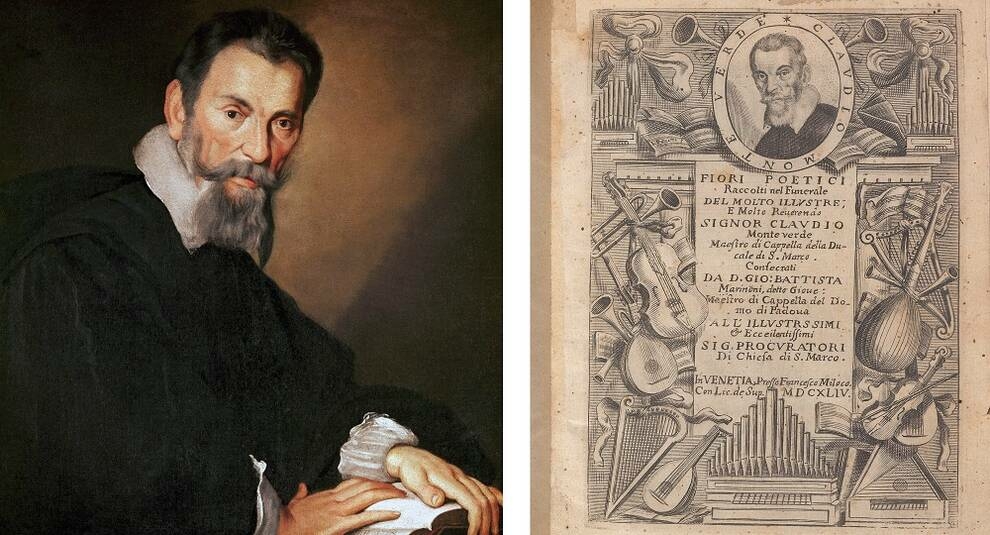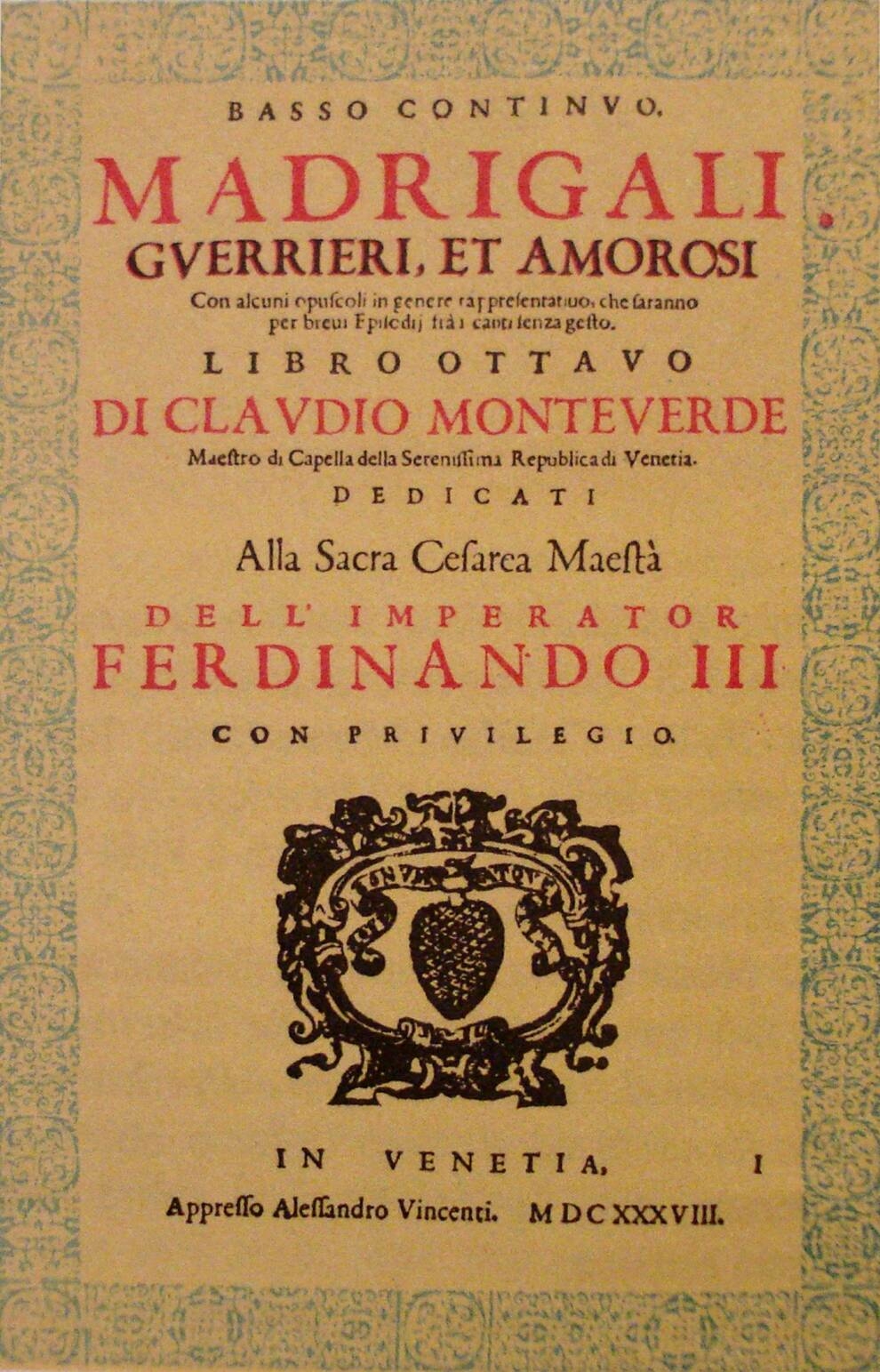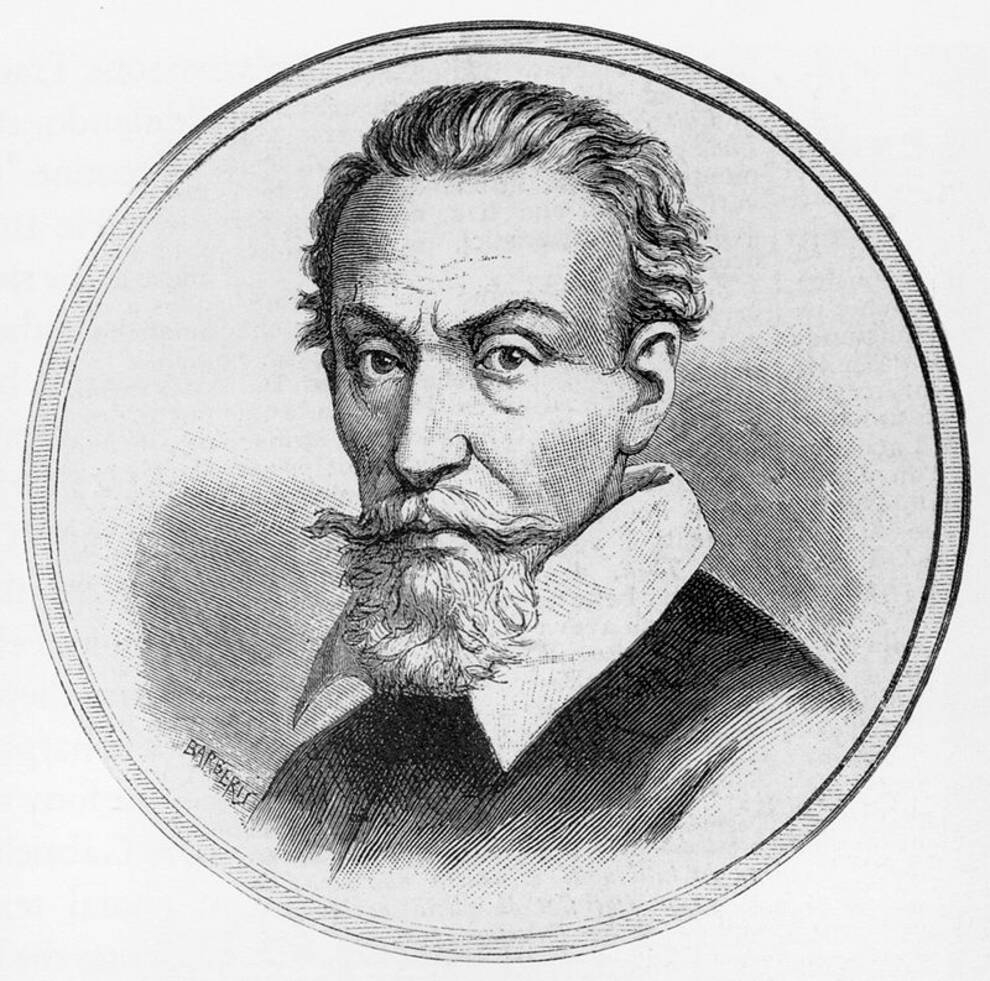
Italian composer and kapellmeister Claudio Monteverdi
On May 9, 1567, in the Italian city of Cremona, Claudio Monteverdi was born, an outstanding composer, whose works have features inherent in both the late Renaissance and early Baroque. At a young age, Monteverdi studied under the representative of the Roman School of Composers Marco Ingenieri, and was also educated at the University of Cremona. His earliest collections included polyphonic motets and small lyrical madrigals.
Monteverdi worked for the Duke of Mantua, Vincenzo I Gonzaga, for just over twenty years (1590-1612). At first, he served as a chorister, and was also a gambist - he played an ancient bowed musical instrument, most similar to the modern cello. Then Monteverdi became a kapellmeister: he took an active part in musical life, was engaged in organizing concerts. After moving to Venice in 1613, the composer led the choir of the Cathedral of San Marco. Thanks to Monteverdi, the musical side of the liturgy has once again reached a high level.
The composer devoted the last years of his life to two important masterpieces: The Return of Ulysses and The Coronation of Poppaea. Monteverdi composed the first one for the rapidly developing Venetian Opera House. Several performances were very successful, and the opera was performed in Bologna. "The Coronation of Poppaea" is based on several episodes in the life of Poppaea Sabina, the second wife of Nero.
In many of his works, Monteverdi combined the imitative polyphony of the late Renaissance with the homophony of the Baroque. Giovanni Artusi, who was engaged in music theory, criticized the composer's innovations, led a polemic with him. In this dispute, Monteverdi defended the point of view, arguing that the poetic text is the main thing in the work, it is subject to rhythm and melody.


Monteverdi worked for the Duke of Mantua, Vincenzo I Gonzaga, for just over twenty years (1590-1612). At first, he served as a chorister, and was also a gambist - he played an ancient bowed musical instrument, most similar to the modern cello. Then Monteverdi became a kapellmeister: he took an active part in musical life, was engaged in organizing concerts. After moving to Venice in 1613, the composer led the choir of the Cathedral of San Marco. Thanks to Monteverdi, the musical side of the liturgy has once again reached a high level.
The composer devoted the last years of his life to two important masterpieces: The Return of Ulysses and The Coronation of Poppaea. Monteverdi composed the first one for the rapidly developing Venetian Opera House. Several performances were very successful, and the opera was performed in Bologna. "The Coronation of Poppaea" is based on several episodes in the life of Poppaea Sabina, the second wife of Nero.
In many of his works, Monteverdi combined the imitative polyphony of the late Renaissance with the homophony of the Baroque. Giovanni Artusi, who was engaged in music theory, criticized the composer's innovations, led a polemic with him. In this dispute, Monteverdi defended the point of view, arguing that the poetic text is the main thing in the work, it is subject to rhythm and melody.

Photo ©

Photo ©


